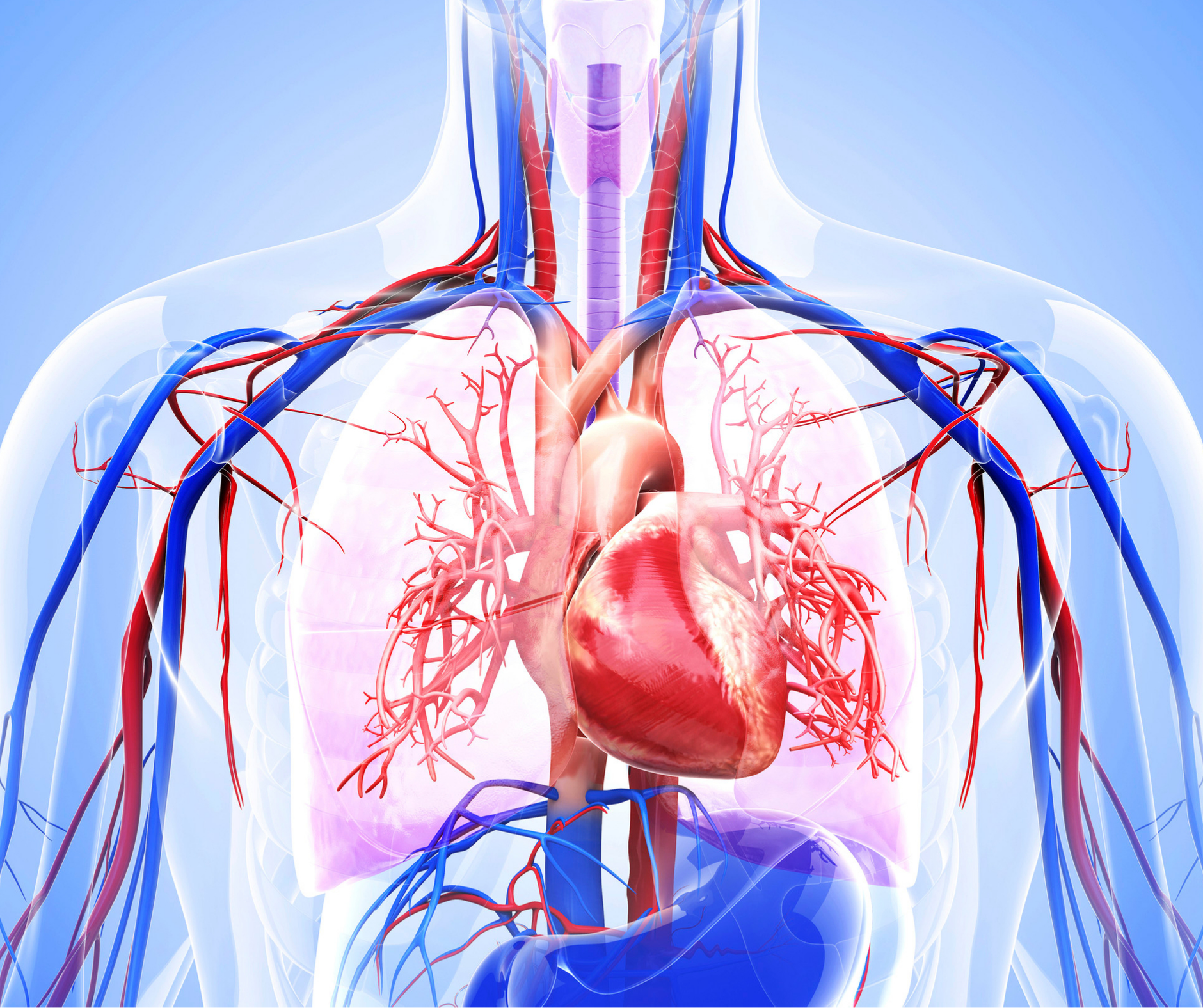What’s This Research About?
Ever wondered why yoga and meditation make you feel calm and relaxed? It may be due to your breath and an important nerve called the vagus nerve.
Many scientific studies have described the numerous benefits felt from practicing yoga and meditation such as increased physical health, mental health and cognition. Typically, these positive effects include a decrease in heart rate, blood pressure and inflammation, along with improved balance, and strength. There are also decreases in symptoms of depression, anxiety disorders and post-traumatic stress disorder. It is thought that meditation can act as a buffer against age-related decline by enhancing working memory and decision making. Yet, the underlying mechanism of how the breath affects physical and mental health remains elusive and not well understood.
The authors reviewed many articles, and then proposed a model that explains how the breath affects the brain and the body. They argue that this ‘neurophysiological model the breath’ relies on communication by the vagus nerve, a nerve that connects the heart, lungs and digestive tract with the brain by way of the parasympathetic nervous system. When the parasympathetic nervous system is activated by slow, rhythmic breathing, the vagus nerve sends signals to the brain to relax and restore.

TITLE: Breath of Life: The Respiratory Vagal Stimulation Model of Contemplative Activity
PUBLICATION: Frontiers in Human Neuroscience
DATE: October 2018
AUTHORS: Roderik J.S. Gerritsen and Guido P.H. Band
Mind-body practices: These include yoga and meditation as well as tai chi in this review.
Vagus nerve: Also known as the tenth cranial nerve, it connects the heart, lungs and digestive tract with the brain by way of the parasympathetic nervous system. The vagus nerve can send and receive signals about bodily states.
Scientific interest in studying mind-body practices has increased significantly in the last twenty years. From 1997-2006, there were only 2,412 publications pertaining to mind-body practices and this number increased to 12,395 between 2007-2016.


